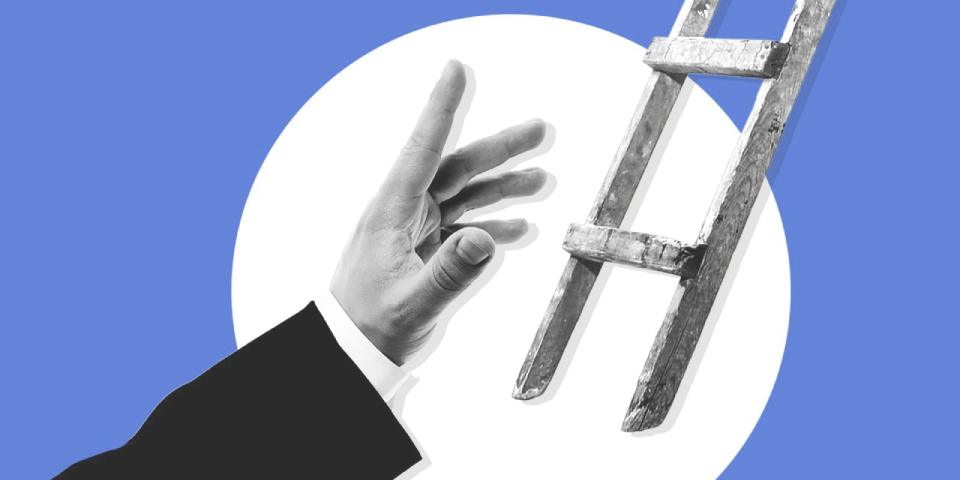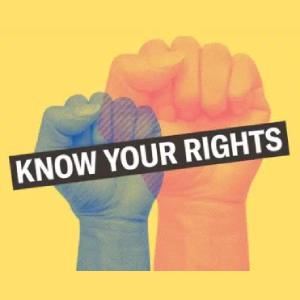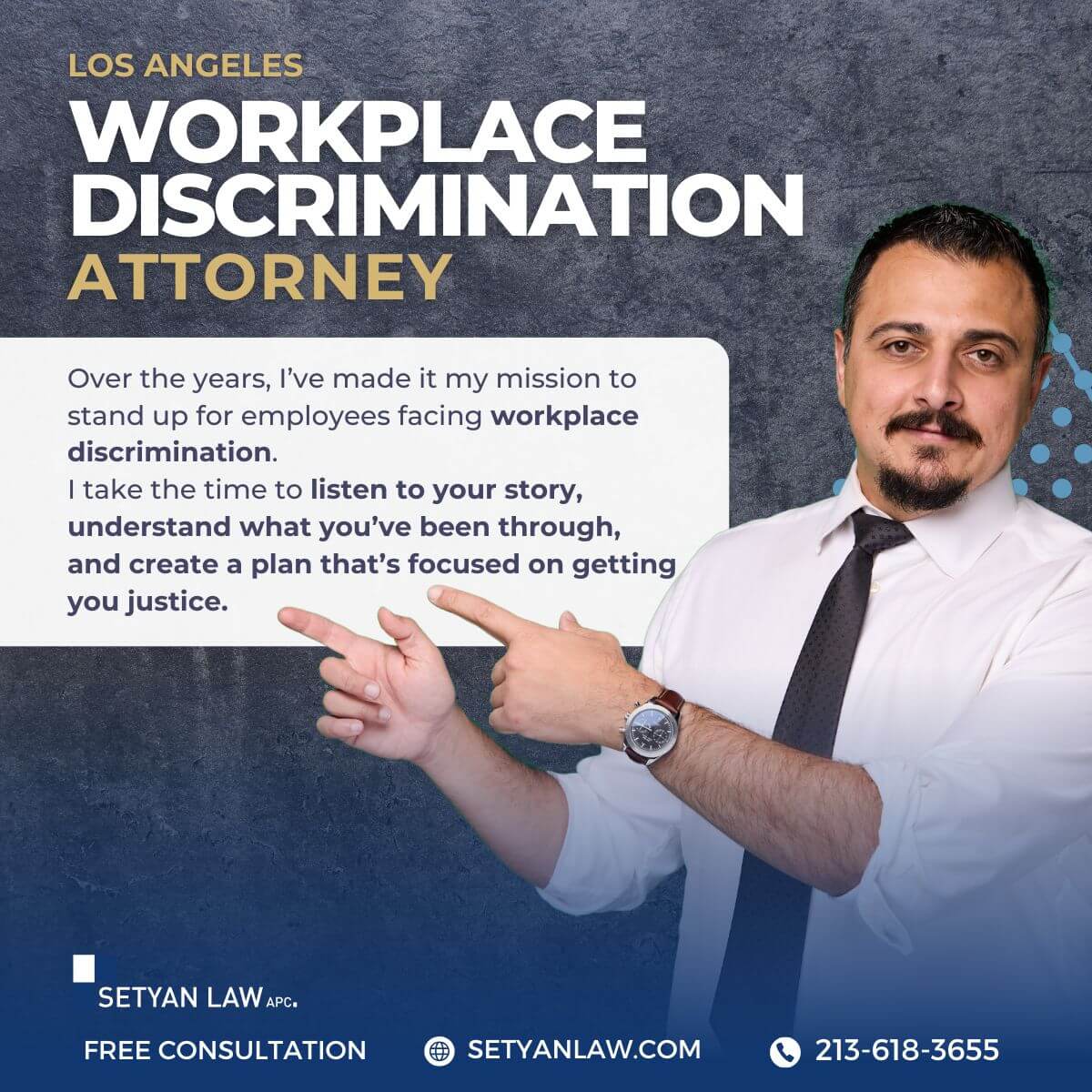Updated March 25, 2025
What is Promotion Discrimination?
Promotion discrimination is a pressing issue that affects many employees across various sectors. It occurs when an individual is denied a promotion based on factors unrelated to their job performance or qualifications, such as race, gender, age, disability, or other protected characteristics. This form of discrimination can be particularly insidious as it often goes unnoticed, impacting the career trajectories of deserving employees. In this comprehensive article, we will explore the nuances of promotion discrimination, its implications, and the steps you can take if you believe you are a victim.
“Failure to Promote” refers to the unfair treatment of employees during the promotion process based on their protected characteristics. These characteristics typically include:
- Race: Discrimination based on an individual’s race or ethnicity.
- Gender: Bias against individuals due to their gender identity or expression.
- Age: Discrimination against older employees, often based on unfounded stereotypes about their capabilities.
- Disability: Unfair treatment of employees with physical or mental disabilities.
- Religion: Bias against individuals due to their religious beliefs.
- National Origin: Discrimination based on an individual’s birthplace or ancestry.
Understanding promotion discrimination is crucial for recognizing when you or a colleague may be facing unjust treatment in the workplace.
Legal Framework Against Promotion Discrimination
Several laws protect employees from promotion discrimination in the workplace. These include:
- Title VII of the Civil Rights Act of 1964: Prohibits employment discrimination based on race, color, religion, sex, or national origin.
- Age Discrimination in Employment Act (ADEA): Protects employees aged 40 and older from discrimination based on age.
- Americans with Disabilities Act (ADA): Prohibits discrimination against individuals with disabilities and requires employers to provide reasonable accommodations.
- Equal Pay Act: Addresses wage disparities based on gender.
These laws empower employees to seek justice and hold employers accountable for discriminatory practices.
Identifying Promotion Discrimination
Signs of Discrimination
Recognizing the signs of promotion discrimination can be challenging but is essential for addressing the issue effectively. Here are some indicators to watch for:
- Consistent Denials: If you are repeatedly passed over for promotions despite having the necessary qualifications and performance metrics, it may indicate discrimination.
- Lack of Transparency: If promotion criteria are vague or not clearly communicated, this could be a sign of unfair practices.
- Disproportionate Representation: Noticing a lack of diversity in higher-level positions may suggest systemic discrimination within the organization.
Evaluating Your Situation
To assess whether you have experienced promotion discrimination, consider the following:
- Performance Reviews: Have you received positive feedback about your work? If your performance is consistently rated highly, yet you are overlooked for promotions, this may warrant further investigation.
- Comparison with Peers: Evaluate the promotion history of colleagues with similar qualifications. If less qualified individuals are consistently promoted over you, this could indicate bias and illegal failure to promote.
Addressing Promotion Discrimination
Documenting Your Experience
If you suspect you are a victim of promotion discrimination, it is crucial to document your experiences. Keep a detailed record of:
- Dates and times of relevant events.
- Names of individuals involved in the promotion process.
- Specific instances of perceived discrimination or unfair treatment.
This documentation can be invaluable if you decide to file a formal complaint or seek legal recourse.
Communicating Concerns
Once you have gathered sufficient evidence, consider addressing your concerns directly with your supervisor or human resources department. Here are some tips for this conversation:
- Be Professional: Approach the discussion calmly and professionally, focusing on facts rather than emotions.
- Provide Evidence: Present your documentation to support your claims and illustrate the pattern of discrimination.
- Seek Resolution: Express your desire for a fair evaluation and resolution to the issue.
Seeking Legal Advice
If your concerns are not adequately addressed, or if you face retaliation for speaking out, it may be time to consult with an employment attorney. An experienced lawyer can help you understand your rights and navigate the legal process. They can assist you in:
- Filing a formal complaint with relevant authorities.
- Pursuing legal action if necessary.
- Seeking compensation for damages related to discrimination.
The Impact of Promotion Discrimination
Promotion discrimination can have far-reaching consequences for employees, including:
- Career Stagnation: Being consistently overlooked for promotions can hinder career advancement and professional growth.
- Emotional Distress: Experiencing discrimination can lead to feelings of frustration, anger, and helplessness, impacting mental health.
- Financial Loss: Denied promotions often result in lost income and benefits, affecting overall financial stability.
Recognizing these potential impacts underscores the importance of addressing promotion discrimination promptly.
Preventing Promotion Discrimination in the Workplace
Employer Responsibilities
Employers have a responsibility to create a fair and equitable workplace. This includes:
- Establishing Clear Promotion Criteria: Employers should develop and communicate transparent criteria for promotions to ensure all employees understand the requirements.
- Training and Awareness: Providing training on diversity, equity, and inclusion can help employees recognize and combat discrimination.
- Regular Audits: Conducting regular audits of promotion practices can help identify and address any patterns of discrimination within the organization.
Employee Advocacy
As an employee, you can advocate for a fair workplace by:
- Joining Employee Resource Groups: Many organizations have groups focused on diversity and inclusion that can provide support and resources.
- Engaging in Open Dialogue: Encourage discussions about discrimination and equity within your workplace to raise awareness and promote change.
- Reporting Concerns: If you witness discrimination, report it to your HR department to help foster a more equitable environment.
Conclusion
Promotion discrimination is a serious issue that can significantly impact employees’ careers and well-being. Understanding your rights and recognizing the signs of discrimination is crucial for addressing this issue effectively. If you believe you have been a victim of promotion discrimination, take action by documenting your experiences, communicating your concerns, and seeking legal advice if necessary. Together, we can work towards creating a fairer and more inclusive workplace for everyone.
If you’re employed by a California employer, contact an expert workplace discrimination attorney first, for expert assistance regarding your case. Call today for a free and confidential consultation.
Determining the exact value of a discrimination case is difficult since many are settled outside of court, and others go to trial. However, the Equal Employment Opportunity Commission (EEOC) reports that the average settlement for employment discrimination claims is around $40,000. When you call Setyan Law, we will explain the value of your case and help you understand how much it may be worth.








